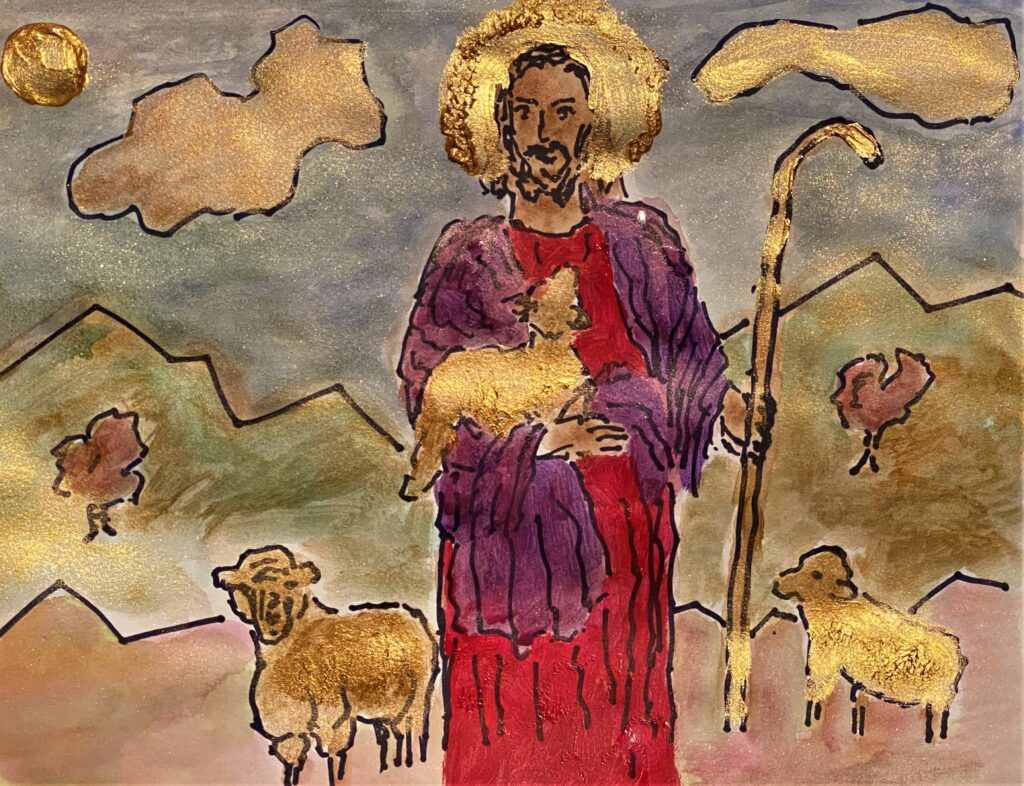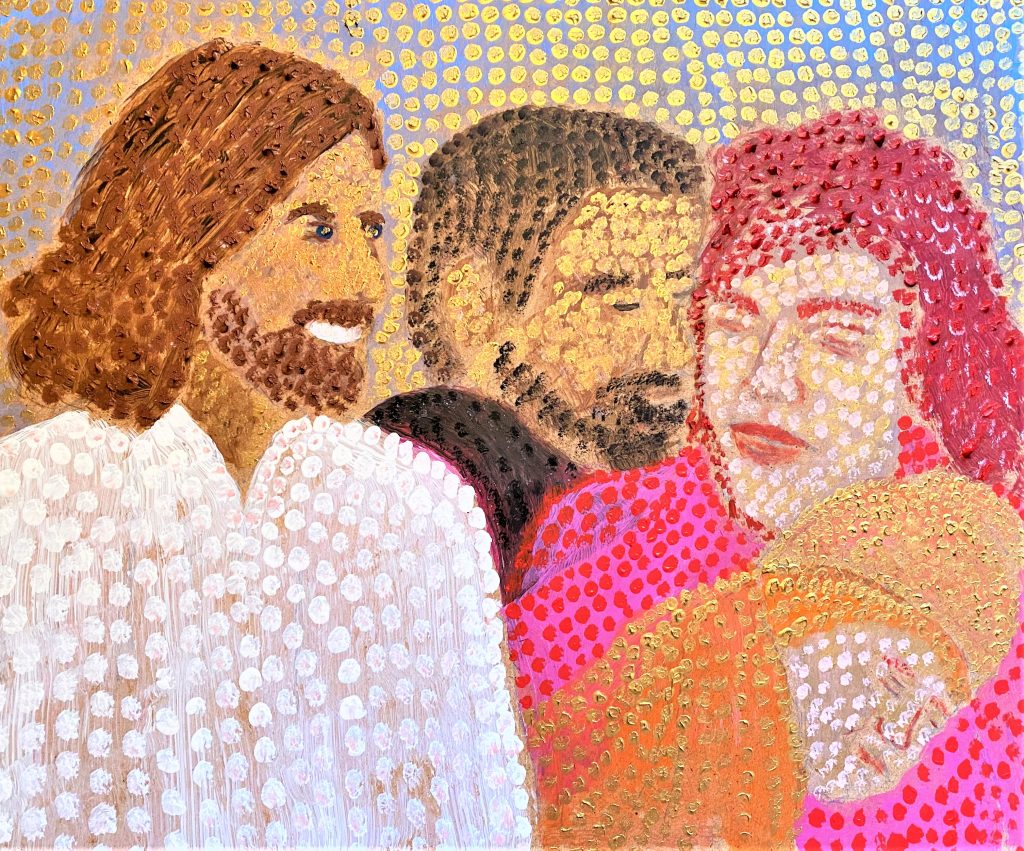Come and be baptized in The True Church, The Church of Jesus Christ of Latter-day Saints, the true restored ancient Church of Jesus Christ with living apostles and prophets who hold the restored priesthood keys from John the Baptist and Peter, James, and John.
[sdm_download id="X" fancy="1"]
Email me your first and last name, your email, your address, and phone, and I will ask the missionaries to contact you. Contact me at r.linford@comcast.net. Richard Linford – Or contact them yourself using the details set forth below.
You can view this in your own language by clicking on the red button.
Have faith in Jesus, repent of your sins, be baptized for the remission of your sins, be confirmed a member of Christ’s true Church, and receive the Holy Ghost to help you thru these troubling times.
View this in another language, click the red button below.
To read and study a FREE digital Bible and FREE digital Book of Mormon look up on the internet “www.churchofjesuschrist.org.”
I invite you to become a member of the “RESTORED” Church of Jesus Christ of Latter-day Saints, the true Church of Jesus Christ, with its living apostles and prophets, true priesthood authority and true priesthood keys, all restored by heavenly messengers through the Prophet Joseph Smith and today’s living apostles and prophets.
- Call 1-801-240-1000 to talk to missionaries;
- Contact missionaries at their Come Unto Christ website: https://www.churchofjesuschrist.org/comeuntochrist. Visit https://www.churchofjesuschrist.org.
- They will teach you the true gospel of Jesus Christ in person, by zoom, by phone, by email, or text. They will teach you about Christ’s True Church and His IMMINENT Second Coming.
- Time is running out, Brothers and Sisters.
- Christ’s Second Coming is near —
- Whether while you are alive or when you die.
- The missionaries will help you understand Heavenly Father’s and Jesus Christ’s plan of salvation and exaltation. They will help you
- – pray and repent of your sins,
- – read the scriptures – the Holy Bible, the Holy Book of Mormon which is a second witness, a second Bible from peoples who lived in the western hemisphere, a second witness that Jesus is the Resurrected Living Christ, and other scriptures;
- – attend Church, be baptized by immersion, be confirmed a member of the Church, and receive the Gift of the Holy Ghost, and partake of the sacrament of the Lord’s supper, and fellowship with the Latter-day Saints.
- Watch on YouTube the past and present semi-annual April and October conferences of The Church of Jesus Christ of Latter-day Saints during which living apostles and prophets and other Church leaders teach Christ’s pure gospel and bear testimony of Jesus the Living Christ and the restoration of His divine Church;
- FREELY Search/Google www.churchofjesuschrist.org; use the FREE LIBRARY to study in many languages the holy scriptures, the Bible, Book of Mormon, Doctrine & Covenants, Pearl of Great Price, talks by living apostles and prophets, and other valuable reference books.
- Pray about what you have learned. Pray and ask Heavenly Father if these things are not true. Pray to receive the great gift of Charity, the Pure Love of Christ, Christ-like respect and love for spouse and children and others including our enemies, without which we are all nothing. Don’t put it off. Find and Ask the missionaries to help you Join the Church today and bring your family and friends and neighbors with you.
- No matter your continent where you live, if you are a leader of a group of spiritual people, a group of wonderful people searching for the true Church of Jesus Christ, testify to them. Bear witness that you have found the “Restored” “TRUE” Church of Jesus Christ of Latter-day Saints; that you want to become or are becoming a faithful member. Encourage them to come with you and join Christ’s true church, The Church of Jesus Christ of Latter-day Saints. Bring your many followers with you.
- Best personal regards, Richard Linford, member
ARTICLES OF FAITH, THE CHURCH OF JESUS CHRIST OF LATTER-DAY SAINTS:
1. “We believe in God the eternal Father, and in His Son Jesus Christ, and in the Holy Ghost. [Three separate holy men. The Father has a resurrected glorified body as tangible as man’s, the son also. The Holy Ghost has a spirit body and is yet to experience his mortality.]
2. “We believe that men will be punished for their own sins, and not for Adam’s transgression.
3. “We believe that through the atonement of Christ all mankind may be saved by obedience to the laws and ordinances of the Gospel.
4. “We believe that the first principle and ordinances of the Gospel are: (1) Faith in the Lord Jesus Christ; (2) Repentance; (3) Baptism by immersion for the remission of sins; (4) Laying on of hands for the gift of the Holy Ghost.
5. “We believe that a man must be called of God by prophecy and by the laying on of hands, by those who are in authority, to preach the Gospel and administer in the ordinances thereof.
6. “We believe in the same organization that existed in the primitive Church, viz.: apostles, prophets, pastors, teachers, evangelists, etc.
7. “We believe in the gift of tongues, prophecy, revelation, visions, healing, interpretation of tongues, etc.
8. “We believe the Bible to be the word of God, as far as it is translated correctly; we also believe the Book of Mormon to be the word of God.
9. “We believe all that God has revealed, all that He does now reveal, and we believe that He will yet reveal many great and important things pertaining to the kingdom of God.
10. “We believe in the literal gathering of Israel and in the restoration of the Ten Tribes; that Zion will be built upon this [the American] continent; that Christ will reign personally upon the earth; and that the earth will be renewed and receive its paradisiacal glory.
11. “We claim the privilege of worshiping Almighty God according to the dictates of our own conscience, and allow all men the same privilege, let them worship how, where, or what they may.
12. “We believe in being subject to kings, presidents, rulers and magistrates, in obeying, honoring, and sustaining the law.
13. “We believe in being honest, true, chaste, benevolent, virtuous, and in doing good to all men; indeed we may say that we follow the admonition of Paul, ‘We believe all things, we hope all things, we have endured many things, and hope to be able to endure all things. If there is anything virtuous, lovely, or of good report, or praiseworthy, we seek after these things.
Views: 28
Published by
jesusi6_wp
I work at being a good husband, dad, grandpa, neighbor, member of The Church of Jesus Christ of Latter-day Saints, attorney at law, writer, and artist. My witness to the world is that Jesus is The Christ, The Resurrected Holy Messiah, who will soon come to judge the world, remove the wicked, and begin his thousand year Millennial Reign of peace. View all posts by jesusi6_wp
Views: 107





